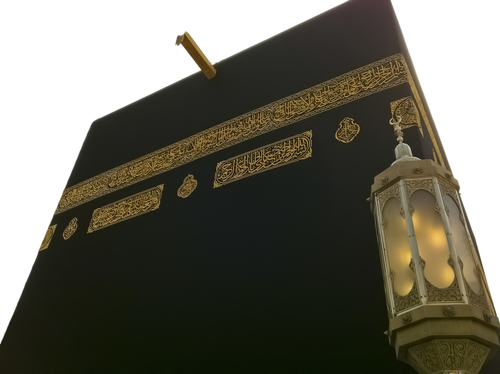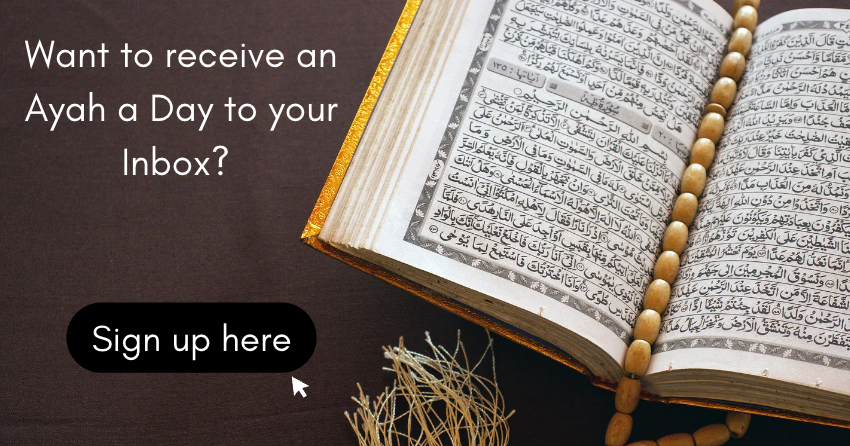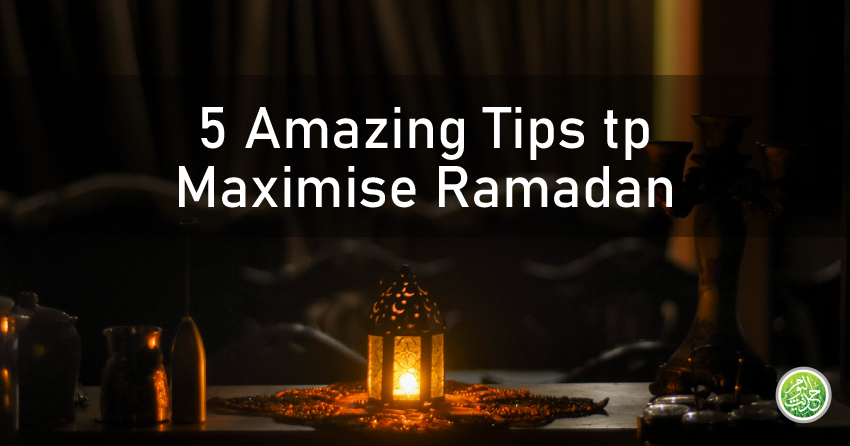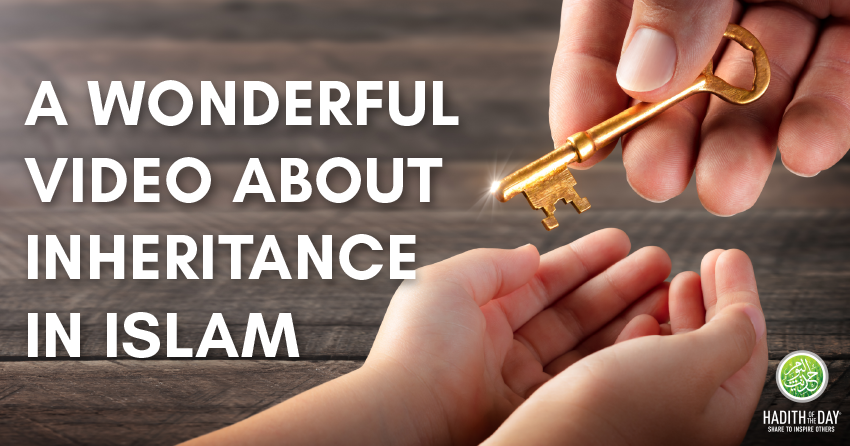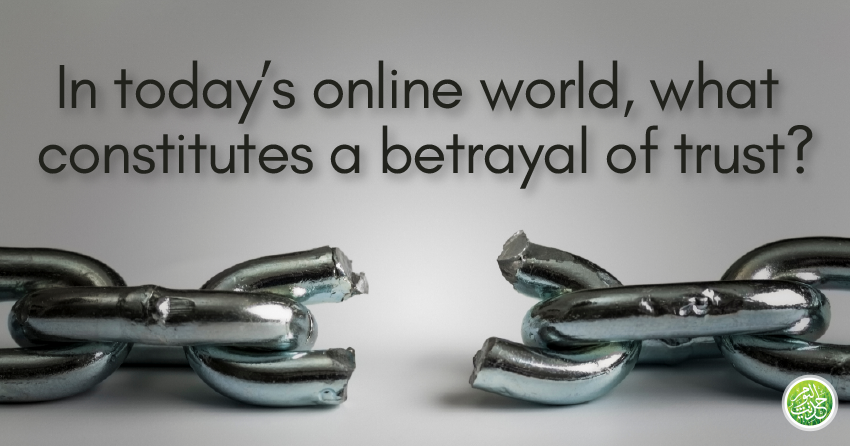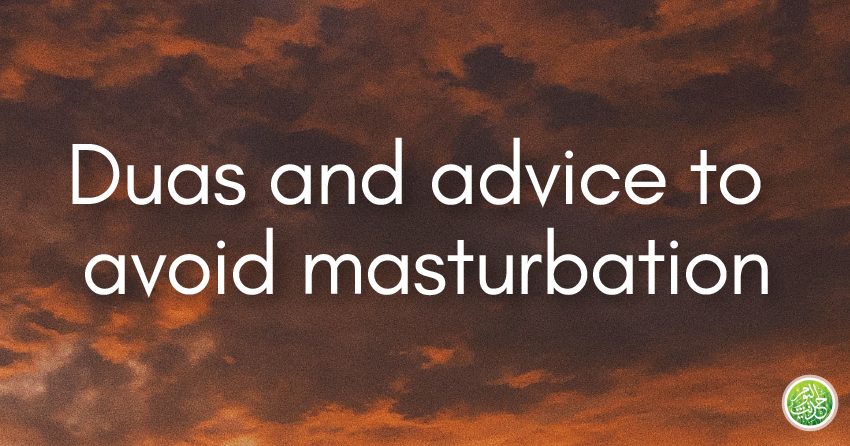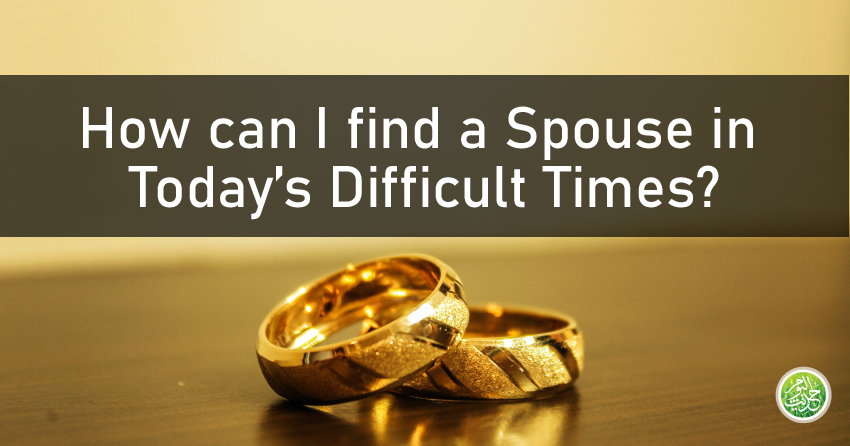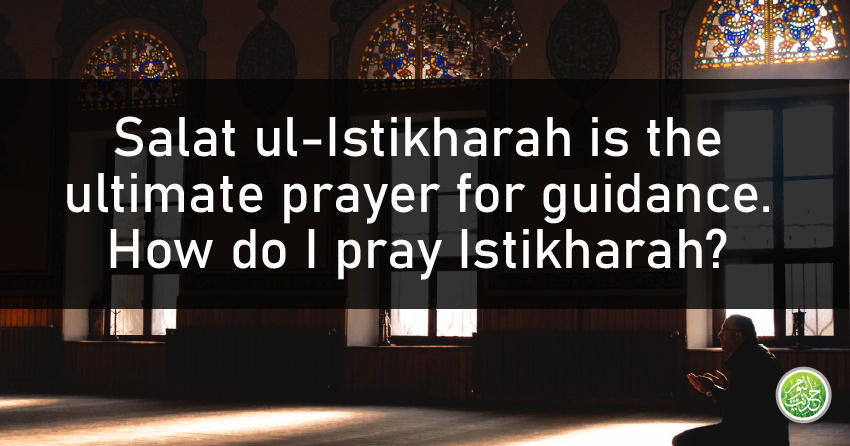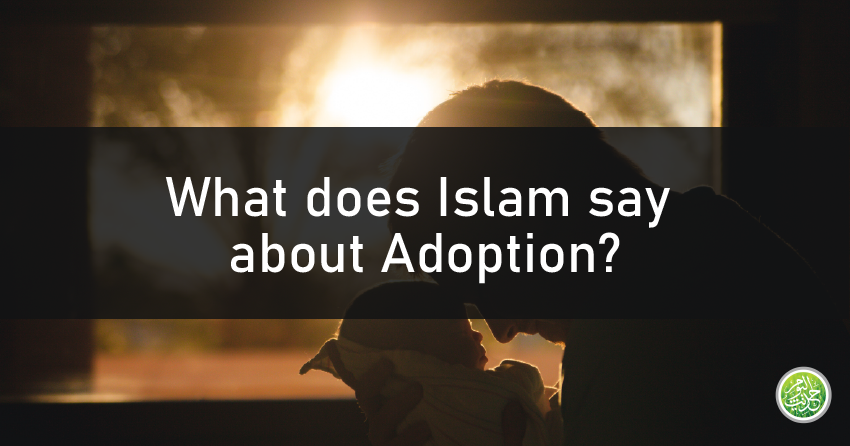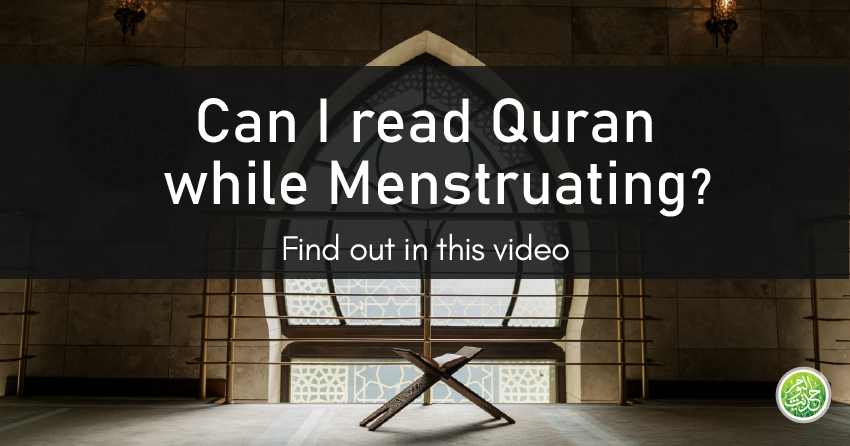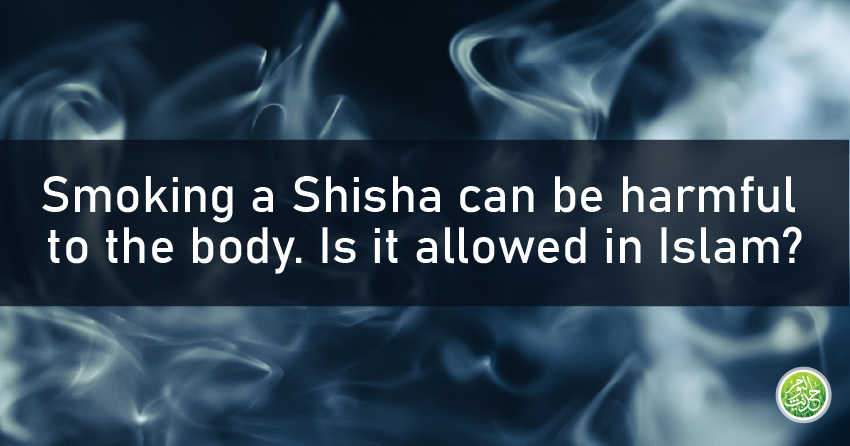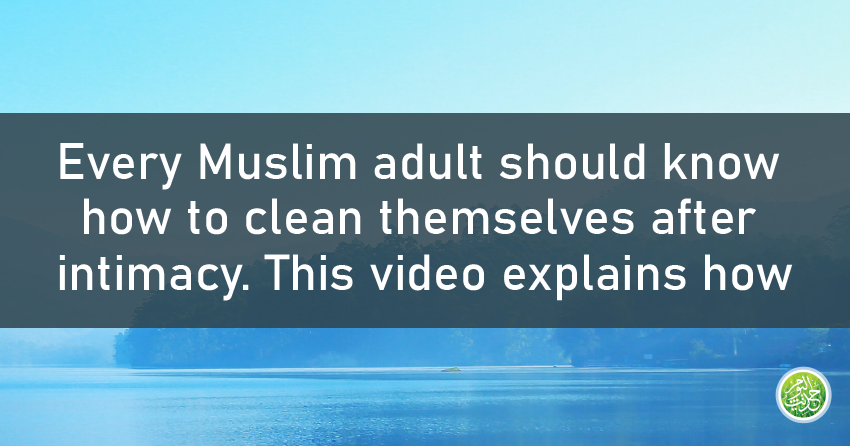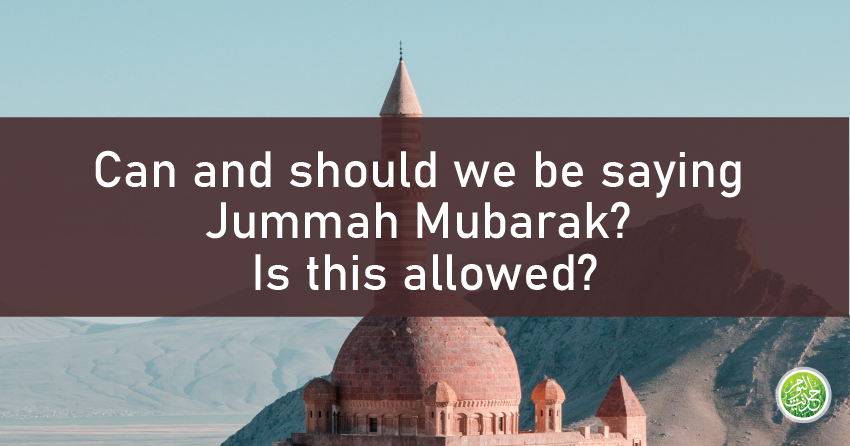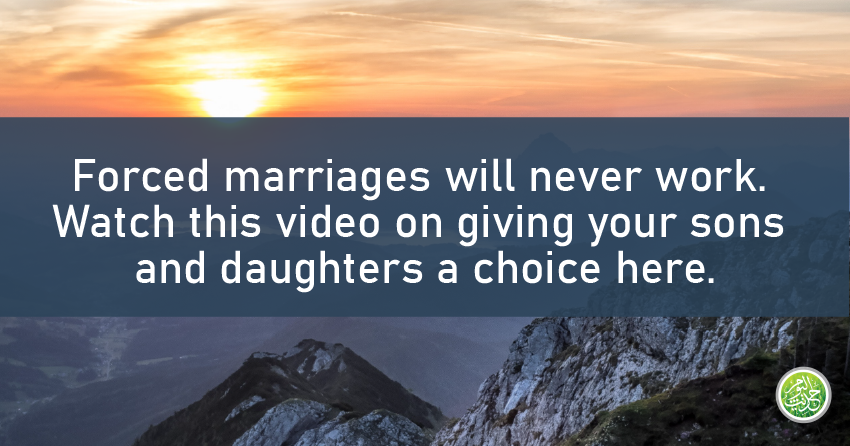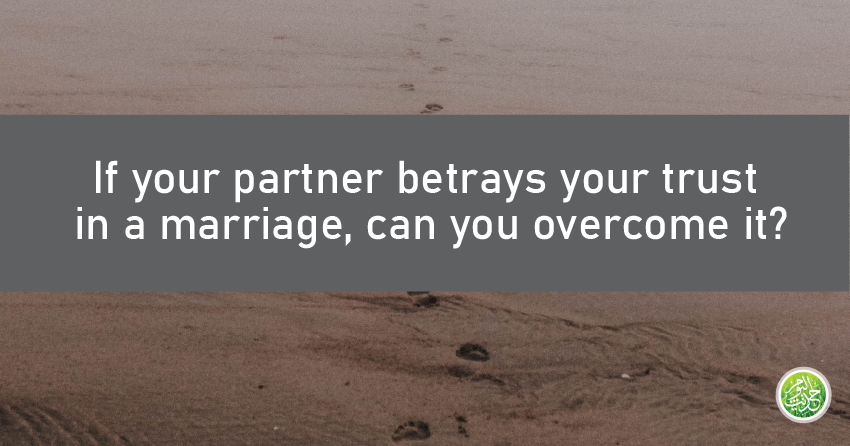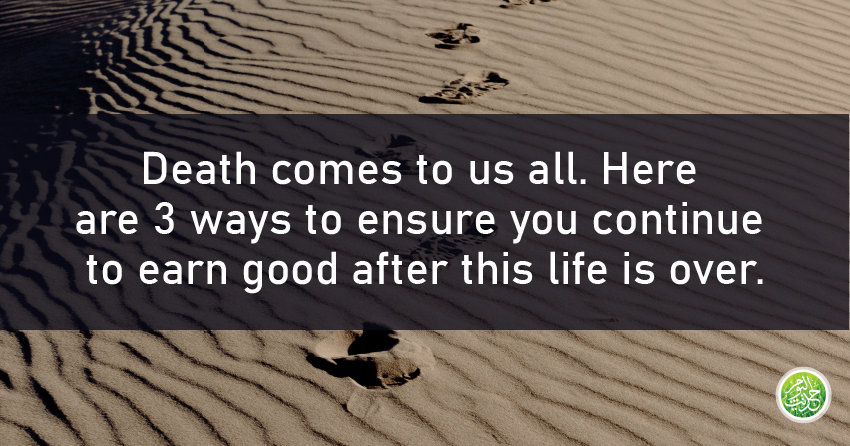Prophet Ibrahim (AS) – Part II

IBRAHIM AS SPEAKS TO HIS PEOPLE
His first call was directed to his father, who worshipped idols. As a father, he deserved his most sincere advice. In the Qur’an, Allah the most High reports a number of dialogues between Ibrahim AS and his people. In what order and under what circumstances these dialogues took place, we do not know, However, they were all to lead up to the eventual climactic confrontation between the young prophet and the forces of falsehood.
When Ibrahim AS asked his father and his people about the idols they worshipped and if those idols heard the calls of the people, the people replied that since they had inherited their religion from their forefathers, they were not prepared to question it.
Ibrahim AS invited his father towards the way of truth with gentleness and politeness. He explained to him why he was wrong in worshipping idols which neither have the capability to hear what the worshippers invoke them for, nor could they see. How, then could they avail anybody’s needs, or provide them provision or help? Then Ibrahim AS told his father about what Allah has bestowed upon him of guidance and beneficial knowledge for the guidance of mankind though he was younger in his age than his father.
When Ibrahim AS offered his father Divine guidance and sincere advice, he was rejected and his father threatened to stone him if he did not cease from his preaching. Ibrahim AS wished him peace and promised his father to pray to Allah to forgive him. (Qur’an 19:46-47)
When it became clear to Ibrahim AS that his father was an enemy to Allah, he disassociated himself from him.
Ibrahim AS in eloquent statement made clear his position with regard to their gods, stating the oneness of Allah, Lord of the worlds, who created the world. Allah who guides and gives food and drink. Allah who cures when his creation is ill and who will cause His creation to die and bring it to life on the Day of Resurrection. (Qur’an 26:75-82)
Ibrahim AS then addressed his Lord in one of the most beautiful prayers of all time.
My Lord, grant me authority and join me with the righteous. And grant me a reputation of honour among later generations. And place me among the inheritors of the Garden of Pleasure. (Qur’an 26:83-85)
With the love of a son, he pleaded forgiveness for his misguided father Azar.
Ibrahim AS went among his people, calling them to their Lord and attempting to convince them of the foolishness of ascribing divinity to anything other than Him. (Qur’an 29:16-18)
When his people argued with him, Ibrahim AS replied that no harm could possibly come to him from the false gods unless Allah Himself willed to test him and event then, whatever happens to him will be from Allah, not from the lifeless, powerless statues or heavenly bodies the misguided people worshipped.
“My Lord encompasses all things in knowledge” he said, meaning that Allah knows all about you and your idols, and about me and my situation. “Then will you not remember? And how should I fear what you associate while you do not fear that you have associated with Allah,” he continued. Then with one final thrust at their false gods and false religion, he drove home his point: “that for which He has not sent down to you any authority? So which of the two parties has more right to security, if you should know?” (Qur’an 6:80-81)
Thus did Allah answer the arguments of those who worshipped false deities by the tongue of His young prophet who spoke so passionately and fearlessly on behalf of His Lord.
THE DESTRUCTION OF THE IDOLS
An idea presented itself to Ibrahim AS for dealing with the idols, and he agreed to go along with his father Azar to a celebration. His plan was an extraordinarily bold and clever one, calculated to show the idol-worshippers the error of their beliefs so conclusively that they could no longer deny the truth. He resolved upon his plan as the most powerful argument he could devise against their false gods.
On the way to the ceremonies, he challenged them regarding their worship of idols and at the same time he attached the foolish notion of worshipping something made by human beings.
His companions retorted that his suggestion that they and their fathers were misguided and in error was too far-fetched to be taken seriously.
“No,” Ibrahim AS replied, “rather, your Lord is the Lord of the heavens and the earth who created them, and I, to that, am of those who testify.” (Qur’an 21:56).
And he cast a glance at the stars. According to the account of Ibn Abbas RA, he flung himself down, saying to his companions, “Indeed, I am ill”, meaning “My foot is in pain.” (Qur’an 37:88-89)
His companions remained with him for a while as he lay there, sitting by his feet, but soon they turned away from him.
Ibn Abbas narrates that Ibrahim AS went back to the house of the gods, which was in a great hall. Opposite the entrance to the hall was a great idol, and at his side a smaller one, and next to him, a smaller one, and so on down to the entrance of the hall. The people had prepared food and placed it before the gods, saying, “When we come back, the gods will have blessed our food, and we will eat.”
Ibrahim AS mocked the idols, observing that the food in front of them was untouched. Naturally, there was no response. “Do you not eat? What is [wrong] with you that you do not speak?” (Qur’an 37:91-92), he demanded.
And then with all his strength, he hacked at them with an axe, fragmenting the stone idols into pieces, except a big one. When he was done, he hung the axe around the neck of the largest idol and left.
Later, when the people came back to take back their food, they found idols smashed and broken upon the ground. “Who has done this to our gods?” they asked in horror. “Indeed, he is among the wrong-doers!” (Qur’an 21:59)
Ibrahim AS was summoned to testify that he was the one who had done this deed. He was an extremely daring and courageous young prophet. At the same time, he was also brilliantly intelligent, a match for anyone. This was shown not only by this clever plan he had just carried out, but also by the reply he now gave to his accusers, by which he neither denied or admitted his guilt. Instead, to shock them into the realisation of the falsity of their position, he replied, “Rather, this – the largest of them – did it, so ask them, if they should [be able to] speak.” (Qur’an 21:63)
Ibrahim’s AS words hit home. The unbelievers now turned back to themselves (Qur’an 21:64) in confusion and embarrassment, unable to find words with which to reply him. “Indeed, you yourselves are the wrong-doers” (Qur’an 21:64), they admitted shamefacedly. But when they had time to consider the matter further, they reversed themselves, saying to Ibrahim AS that he already knew that these idols did not speak. Ibrahim AS hammered them about the gods that they created with their own hands, gods that which neither benefitted nor harmed them, shaming them and asking them to reason and accept the truth. (Qur’an 21:66-67)
But the response of his people was only, “Kill him or burn him!” (Qur’an 29:24). And the outcry resounded among them: “Burn him and support your gods, if you are to act!” (Qur’an 21:62)
NIMRUD DISPUTES WITH IBRAHIM AS
Perhaps it was at this time that Ibrahim AS came face to face with the powerful tyrant king Nimrud whose name is often used in Arabic to mean tyrant or oppressor.
Over the years, since there was no one above him and everyone was under him, Nimrud’s unchallenged ego had grown to such monstrous proportions that he imagined himself to be God on earth. He called the young prophet and began questioning him about Allah. The inspired prophet replied to the proud, invincible ruler on behalf of his Lord, fearlessly pointing out the contrast between the infinite glory and majesty of the Creator and Sustainer of the universes and Nimrud’s minute, temporal bit of earthly power and pomp.
When Ibrahim AS said to him, “My Lord is the One who gives life and causes death” (Qur’an 2:258), Nimrud retorted, “I give life and cause death.” (Qur’an 2:258)
Allah the Lord of Majesty and Honour, granted His prophet a decisive argument and which to defeat the earthly king who had set himself up as a rival and authority. “Indeed, Allah brings up the sun from the East,” Ibrahim AS said simply. “So bring it up from the West!” (Qur’an 2:258)
The proud ruler was nonplussed and became speechless, unable to content with the powerful logic of truth. He could not dispute the fact that anyone claiming to be God must have power and control over creation equal to that of the Creator. Thus, Allah says in the Qur’an:
“So the disbeliever was overwhelmed [by astonishment], and Allah does not guide the wrongdoing people.” (Qur’an 2:258)
It is related by Prophet Muhammad’s SAW Companion Salman Al-Farisi RA, that Nimrud starved two lions so that they might devour the Friend of Allah, Ibrahim AS. However, when the lions came to him, they stood before him, in reverence, then licked and prostrated at his feet. (Akili)
THE BURNING OF IBRAHIM AS
Ibrahim’s AS people had had enough of the man who rebelled against their gods. “Construct for him a furnace and throw him into the burning fire.” (Qur’an 37:97), they clamoured. For although some among them certainly recognised the truth of his words, they struck at the very foundations of their false beliefs and established way of life. And since the truth was unbearable to them, they one who proclaimed it would have to go!
Ibrahim AS was imprisoned and the people went out to father fuel for the fire. Through that fire, its makers intended to burn not just Ibrahim AS, but the truth, which they refused to accept – to rid of it once and for all, or so they imagined. It is said the fire started to flame and began a huge blaze and its sparks seemed to be touching the sky.
It is reported that as Ibrahim AS was being bound and shackled before being thrown into the fire, the angel Jibrael AS came to him. “O Ibrahim, do you have any need?” he asked.
“Yes, but not from you,” was the steadfast reply.
It is said that an especially wicked unbeliever devised a catapult by which the noble prophet was hurled into the midst of the roaring fire. Ibn Abbas RA states that the last words Ibrahim AS spoke before he was flung into the blaze were,
“Hasbunallah wa ni’mal Wakil – Allah is sufficient for us and how excellent a Protector!” (Bukhari).
And all the gathered people watched, waiting for the fire to consume him to ashes.
Allah, the Lord of creation, Guardian and Protector of believers, commanded, “O fire, be coolness and safety upon Ibrahim.” (Qur’an 21:69)
Ali ibn Abu Talib RA said that it meant “Do not harm him”. Ibn Abbas and Abu Aliyah had Allah not said “safe for Ibrahim”, the coolness would have harmed him.
And Ibrahim AS sat, in the midst of the inferno, in a heavenly garden provided by his beloved Lord for whose sake he was enduring this awesome trial, in safe and peace and total satisfaction with Him. It is said that the angel of shade sat at his side, comforting him, and indeed Prophet Muhammad SAW mentioned that the fire burned nothing on Ibrahim AS except the ropes that bound him. (Al-Houry)
By one of the greatest miracles of all time, Ibrahim AS emerged from the fire safe and unharmed.
Because of this and similar sacrifices, Ibrahim AS was granted the position of leadership of mankind, and all the religions of the world honour, respect and love him.
And Ibrahim AS stood before his people and once again confronted them with truth, neither frightened nor intimidated by their attempt to destroy him.
“You have only taken, other than Allah, idols as [a bond of] affection among you in worldly life,” he charged. He then warned them that although their false religion might seem to be their advantage for the moment, “on the Day of Resurrection you will deny one another and curse one another, and your refuge will be the Fire, and you will not have any helpers.” (Qur’an 29:25)
According to Ibn Abbas RA and other commentators, the one who had argued with Ibrahim AS about his Lord i.e. Nimrud, now gave orders that he be exiled form the city. Thus, by the decree of the Best of Planners, Ibrahim’s AS mission in Ur came to an end.
“Indeed, I will go to [where I am ordered by] my Lord, he announced, “He will guide me.”(Qur’an 37:99)
He then cut himself off forever from everything that his people stood for and worshipped by declaring to his father and his people, “Indeed, I am disassociated from that which you worship except for He who created me; and indeed, He will guide me.” (Qur’an 43:26-27)
And Ibrahim AS made his witnessing to the Oneness of the partnerless Creator and the falsity of all deities but Him a word remaining among his descendants that they might return to it. (Qur’an 43:28)
According to some opinions, some of Ibrahim’s AS people became his followers after what Allah had done for him, although they were still afraid of Nimrud and the people of their community.
And what was it that these believers said Allah praises so highly? It was the following declaration to their unbelieving people, which has been memorialised in Book of Allah:
“Indeed, we are disassociated from you and from whatever you worship other than Allah. We have denied you,” – and this referred to their idols, “and there has appeared between us and you animosity and hatred forever until you believe in Allah alone” (Qur’an 60:4). The sole exception to this was Ibrahim’s AS saying to his father, “I will surely ask forgiveness for you”. Ever truthful, he added, “but I have not [power to do] for you anything against Allah.” (Qur’an 60:4)
And Ibrahim AS and the believers with him surrender their wills to Allah, the Guide and Protector, resting all their affairs with Him.
Our Lord, upon You we have relied, and to You we have returned, and to You is the destination. (Qur’an 60:4)
Putting all his trust in his beneficent Lord who was directing his every word and every step, Ibrahim AS departed from his birthplace, saying, “Indeed, I will emigrate to [the service of] my Lord. Indeed, He is the Exalted in Might, the Wise.” (Qur’an 29:26)
It is narrated by Zaid bin Aslam RA that Allah sent an angel to the haughty king Nimrud commanding him to believe in Allah, but he refused to do so. Then he called him again, and he refused, and then he called him the third time and refused to do so again and said, “You call for and gather your people and I will call forth and gather my people.”
Nimrud gathered his army and people at sunrise, and Allah sent upon them an army of mosquitoes in such a number that they overshadowed the sun. They ate their flesh and drank their blood and left them a structure of bones. One of these mosquitoes entered the nose of the king and stayed therein. He as punished by that mosquito, and to get relief from it, the king hit his head with a hammer till he died.
Historical records bear out the fact that after the emigration of Ibrahim AS and the believers, Nimrud’s kingdom was afflicted by continuous disasters. (Qur’an 21:70 and 37:98). The capital city, Ur, fell and Nimrud was captured along with the idol of the chief god, as a result of which the people of Ur completely lost faith in the false gods that had failed to protect them from ruin.
In Part III of Ibrahim’s AS story, we will follow him through his migration and the events surrounding his family.
Acknowledgement: Most of the information for this work has been obtained from:
“A History of Prophets of Islam”, Volume I, by Suzanne Haneef
“Stories of the Prophets”, by Ibn Kathir (Translation by Rashad Ahmad Azami)
NEXT: PROPHET IBRAHIM (AS) – PART III
Since You’re Here… we have a small favour to ask.
In these extraordinary times, millions rely on HOTD for daily uplifting & inspiring content. Established since 2009 and with your kind support we’ve seen readers elevate their Imaan & strive for better on a daily basis. We’re committed to keeping our content freely available and open for all readers. Every contribution, however big or small, makes a difference and help us spread knowledge to millions daily
HOTD is something special, it’s a place where people can come to be inspired, to renew their faith, to learn and share knowledge, to fall in love with our faith and also our Prophet (peace and blessings be upon him and his family).
All content on HOTD is free. We believe what we do in this life builds for the next one and we work tirelessly with the aim to please Allah and inspire the global Muslim community as
well as providing information and inspiration for anyone interested in Islam. We simply cannot do this without your support and your support helps us continue our services.
If there were ever a time to join us, it is now. You can support HOTD and help sustain our future. Support Hadith of the Day and make a one-off donation or give regularly from as little as £10 a month Jazak’Allah Khayr – whatever you donate will come back to benefit you Insha’Allah as whatever is spent in the way of Allah is an investment in the future and the next life. Thank you.




